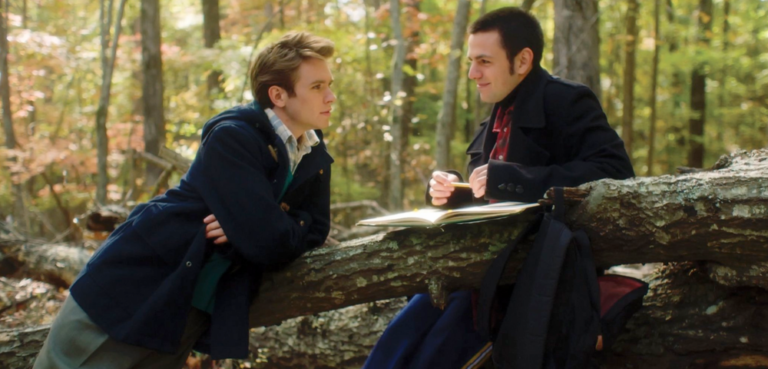
Overcoming distrust, leaning on allies
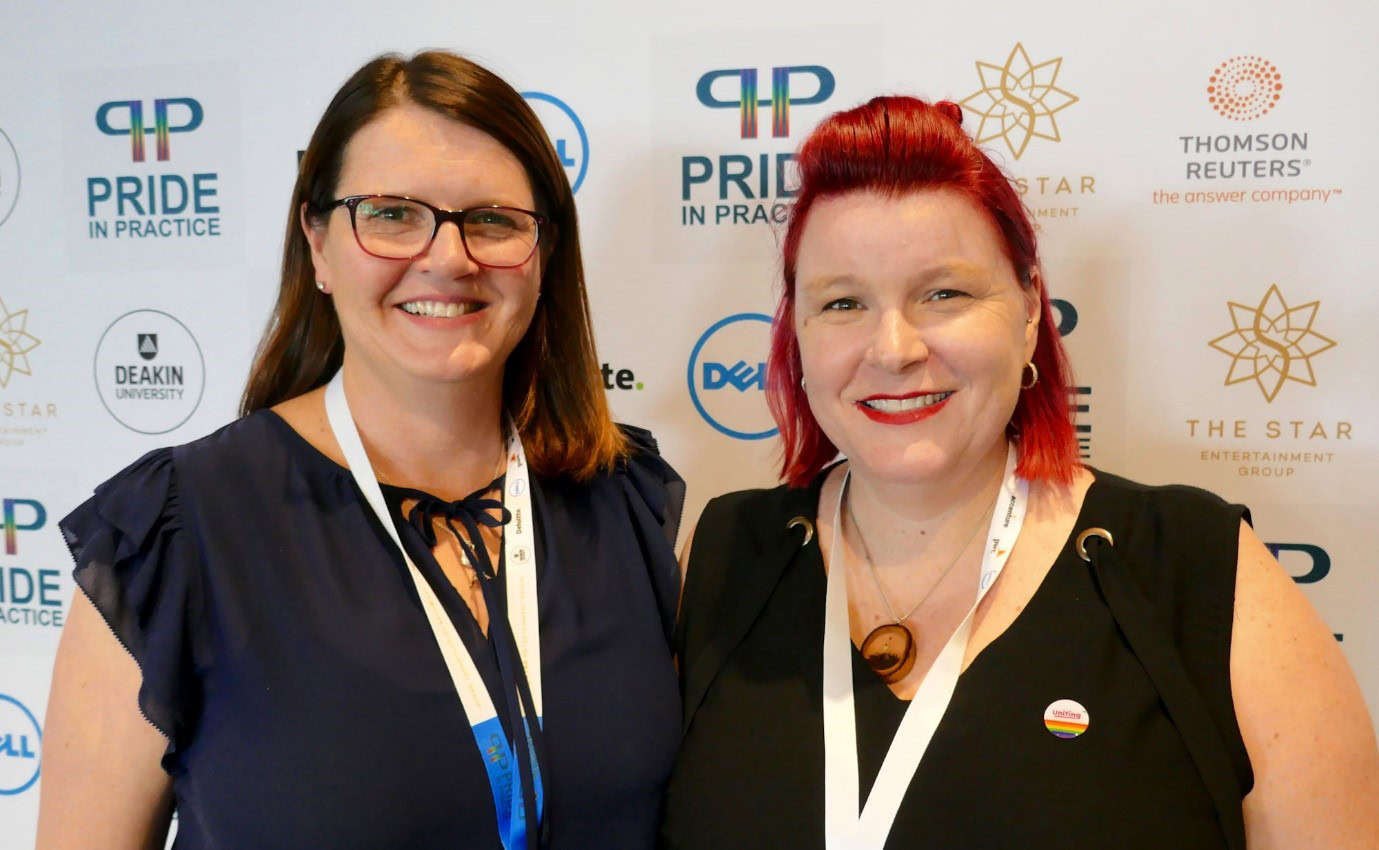
Speaking at the recent 2018 Pride in Practice conference in Melbourne, Melanie Dicks, Head of Growth, Diversity and Inclusion at Uniting spoke about the challenges facing community services organisations. Uniting is the services and advocacy arm of the Uniting Church of NSW & ACT.
In her presentation to the conference, Dicks outlined Uniting’s philosophy towards both clients and employees, saying that “we welcome you exactly as you are.”
With 9000 staff and roughly 40,000 clients, Uniting offer community services that range from children’s services, aged care, and disability services. In addition, they also carry out a range of specialist aboriginal community services, and run the NSW medically assisted injecting clinic in Sydney’s Kings Cross.
Uniting initially founded their formal Diversity and Inclusion Pride program in 2010. The establishment of the program was initially inspired when key Uniting executives attended an Alzheimer’s conference, where they learned that many LGBTI people suffering Alzheimers where refusing to access treatment and specialist services due to distrust of the service providers.
The Pride program was initially conceived as a way to help overcome distrust, and enable a higher quality of services for LGBTI care recipients. As a result, Dicks claimed it was crucial for their support for LGBTI people to be very clearly stated and unequivocal. “Because we are a church-based organisation, we know we need to be loud about our inclusiveness.”
“There is no guessing or wondering. If you come to us, we don’t just accept you, we celebrate you.”
Not surprisingly, when Uniting set out to build their organisation’s Pride program, they faced initial scepticism from their care recipients. When they initiated their first survey of LGBTI people within their client base, nobody responded to the survey.
To overcome this initial roadblock, Uniting partnered with other organisations providing services to LGBTI people, to get some initial feedback and insights to help them start tailoring their services and employee training programs. This led to an ongoing partnership with ACON, and Uniting become a regular participant in the Mardi Gras parade.
“You can’t be quiet walking up Oxford street in the parade”, explained Dicks. While many people from faith-based backgrounds saw the Uniting Church’s participation in Mardi Gras as a game changer, building trust within the wider LGBTI community took more than participating in the parade, and required years of outreach and effort.
Despite these efforts, the first few years of Mardi Gras parade entries still faced difficulties. Parade participants were almost entirely of Pride group allies, not LGBTI people. This occurred because Uniting’s openly LGBTI clients were initially unwilling to participate in the parade.
Since inception, allies had made up the bulk of the membership of Uniting’s Pride Group, so by necessity, allies needed to play a substantial role in Uniting’s internal LGBTI advocacy and policy reviews, consulting with LGBTI community members to formulate messages and policy.
Given Uniting’s decision to increase visibility and advocate for LGBTI clients, it was decided that allies from the Pride group would march until the LGBTI community members felt comfortable participating themselves. It was several years before Uniting’s first aged care client, a 78er, was willing to be involved in Uniting’s parade entry.
July 2018 also saw the Uniting Church undergo an internal policy review, examining how they should handle same sex marriages. This policy review had been scheduled before the 2017 Same Sex Marriage Plebiscite, but ended up causing further difficulties for Uniting’s engagement with both LGBTI employees and clients.
Given the long running focus on ally participation, Claire Allen, LGBTI Project Officer at Uniting recommends several strategies for building trust. “We don’t ask people to disclose whether they are an ally or LGBTI. Allies often have their own LGBTI loved ones and community experiences, and can play roles as teachers and advocates. By making more use of allies, organisations can give LGBTI people more space to heal.”
Rather than relying solely on LGBTI individuals as role models and trainers within their Diversity and Inclusion program, Uniting spreads the load, and makes use of video storytelling and have allies carry out some training programs.
“There is safety in numbers. LGBTI communities are so diverse that nobody represents everything. No one person can be everywhere, particularly when we need to cover rural and remote communities.”, according to Claire Allen. This approach allows Uniting to take the pressure off key LGBTI individuals who might otherwise end up with burnout from supporting a large diversity and inclusion program.
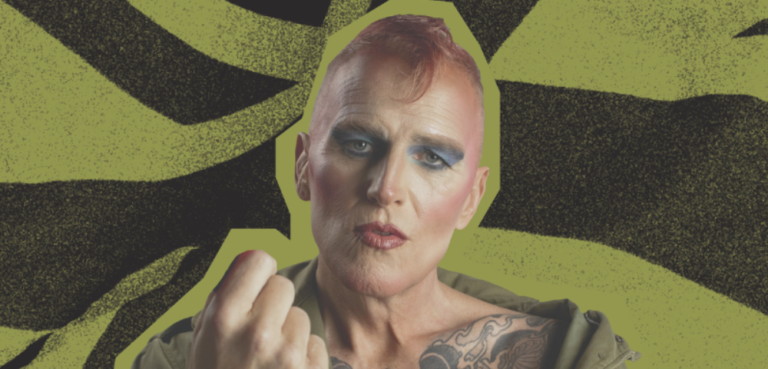



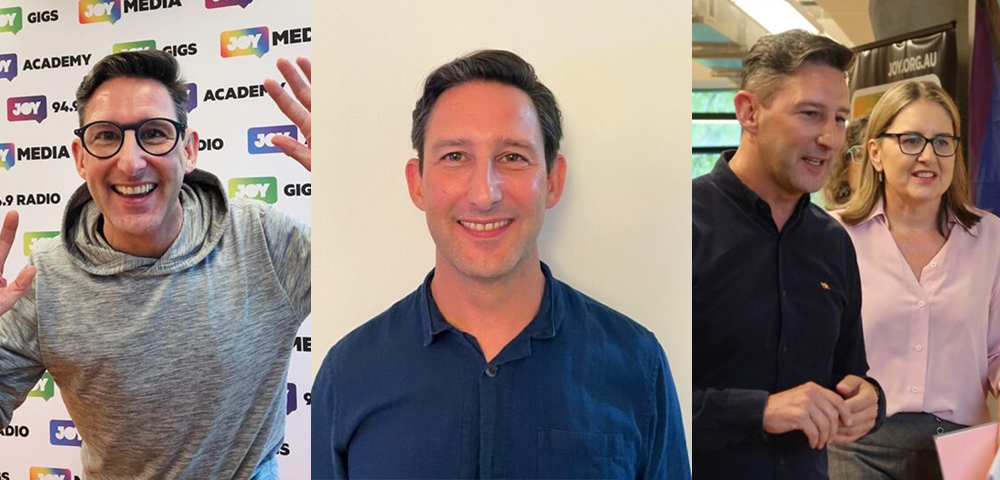

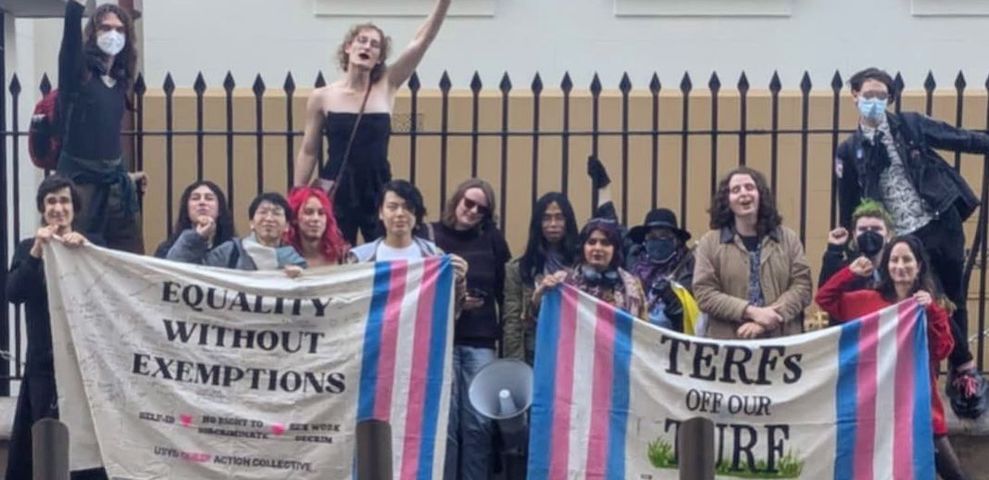



Speaking of LGBTI allies at Uniting, here is a very beautiful story about one of their aged care residents: https://blog.uniting.org/2017/02/08/a-rainbow-pathway/